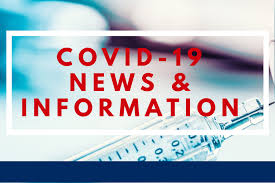JOINT MESSAGE FROM THE MINISTER OF HEALTH AND SECRETARY OF HEALTH

We are pleased to present the Annual Report for the Ministry of Health for Fiscal Year 2014-2015. Although there is so much data and statistics collected for every single program and services in the Ministry, this report is presented for a better understanding of the type of resources allocated for the Ministry such as human and financial resources, and the utilizations of its resources or expenditures incurred during the fiscal year.
Section on data and vital statistics presents the health status of RMI in terms of morbidity and mortality just for that fiscal year. Non-communicable Diseases (NCDs) or lifestyles diseases, tuberculosis and leprosy remain the three prioritized areas, and update on activities and data are included in this report. The last section is the Cost Analysis and Expenditures for the fiscal year in selected areas or services. It is important to note that actual costs of services provided by the Ministry are not charged accordingly. If the Ministry was to charge patients according to the costs of services, high revenues will be generated every fiscal year.
Because of the high rates of lifestyles diseases or chronic diseases and identified communicable diseases, the Ministry continues to shift its focus on preventive or primary health care’s services in compliance with the Declaration of Primary Health Care by World Health Organization (WHO) on September 12, 1978 in Alma Ata. The Declaration called for urgent action by all governments, all health and development entities and the world community to protect and promote quality health practices for all peoples.
Health is a shared responsibility between the RMI Government, communities, non- governmental organizations, churches, women’s groups, business communities, civil society, families and individuals. We are all responsible for our own health because we can make choices to take care of our own health through eating the right kind of food for better health, increase physical activities/exercise, stop smoking, and drink less alcohol. The risk factors related to lifestyles diseases such as tobacco use, alcohol consumption, lack of physical activities and poor diet contribute in high prevalence and incidence rates of NCDs in our nation.


2015.png)
